
Find Help
More Items From Ergsy search
-

What is a Wealth Tax?
Relevance: 100%
-

What is the Wealth Tax in the UK?
Relevance: 96%
-

What are common criticisms of a wealth tax?
Relevance: 95%
-

What is the wealth tax in the UK?
Relevance: 95%
-

Would a wealth tax replace other taxes in the UK?
Relevance: 91%
-

Can a wealth tax be levied annually?
Relevance: 90%
-

How is a wealth tax typically calculated?
Relevance: 90%
-

Why doesn't the UK have a wealth tax?
Relevance: 89%
-
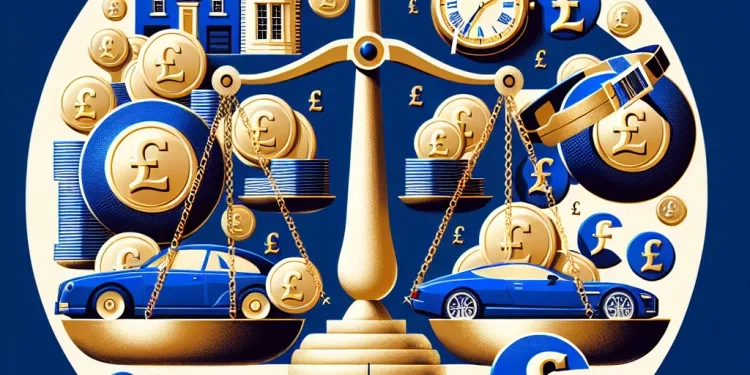
What arguments are made for a wealth tax in the UK?
Relevance: 88%
-

Could a wealth tax encourage tax avoidance?
Relevance: 88%
-

What is the objective of a wealth tax?
Relevance: 87%
-

Who is typically subject to a wealth tax?
Relevance: 86%
-
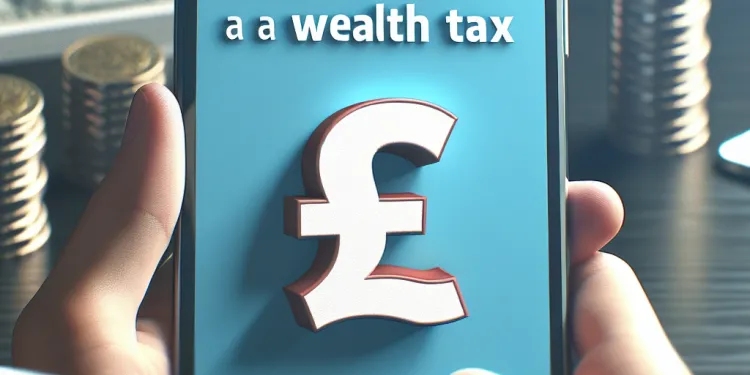
What are the challenges of implementing a wealth tax?
Relevance: 85%
-

What are the administrative costs of a wealth tax?
Relevance: 84%
-

Could a wealth tax affect economic growth in the UK?
Relevance: 84%
-

How might a wealth tax affect wealthy individuals?
Relevance: 84%
-

Has the UK ever had a wealth tax?
Relevance: 83%
-

Can a wealth tax impact economic behavior?
Relevance: 83%
-
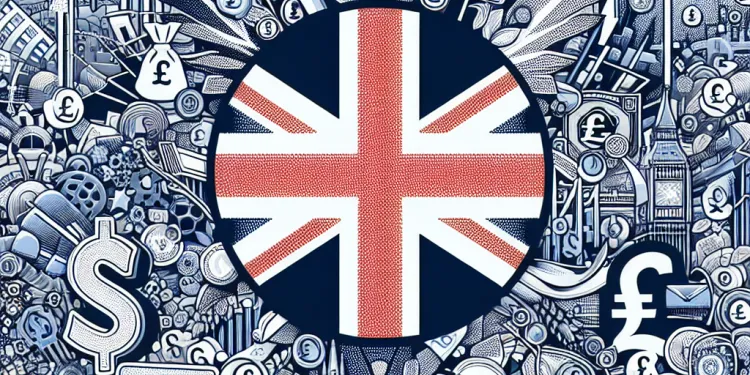
How do other countries implement a wealth tax?
Relevance: 83%
-

How does a wealth tax differ from an income tax?
Relevance: 82%
-

Are there any countries currently implementing a wealth tax?
Relevance: 81%
-

What are common arguments in favor of a wealth tax?
Relevance: 81%
-

How do economists view the impact of wealth taxes?
Relevance: 81%
-
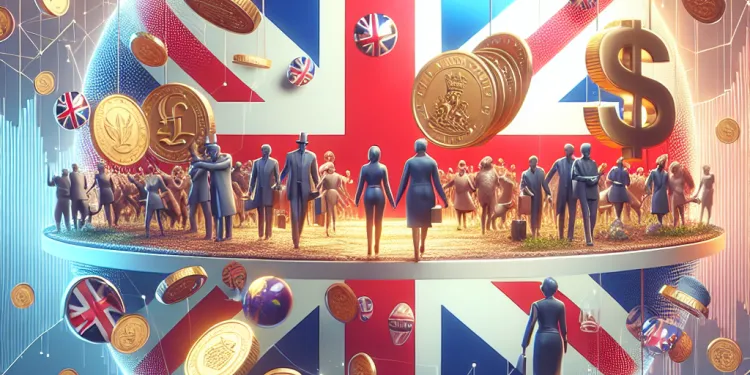
How might a wealth tax impact inequality in the UK?
Relevance: 81%
-

Is real estate included in wealth tax calculations?
Relevance: 80%
-
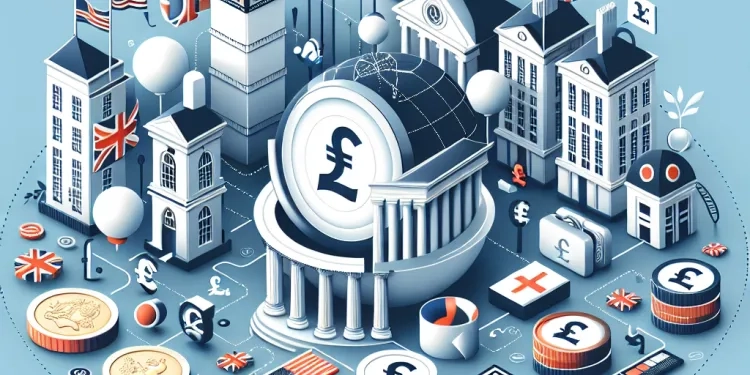
Would a wealth tax apply to foreign assets?
Relevance: 80%
-
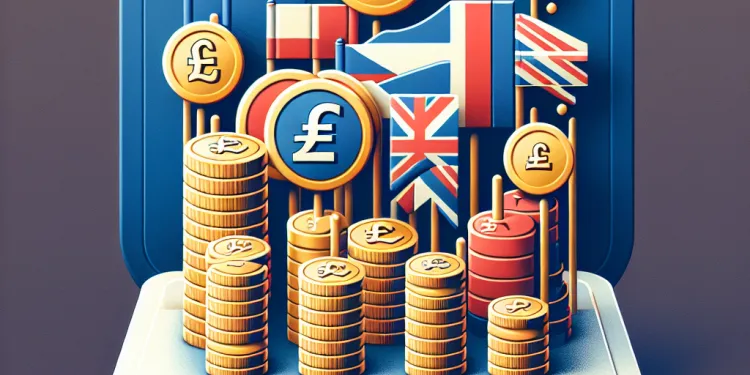
Has any political party in the UK supported a wealth tax?
Relevance: 78%
-

How do governments ensure compliance with wealth tax laws?
Relevance: 77%
-
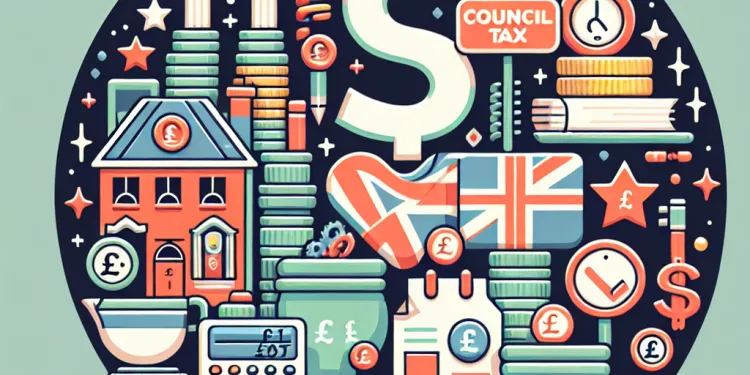
How does council tax relate to wealth in the UK?
Relevance: 77%
-

Do wealth taxes differ between countries?
Relevance: 61%
-
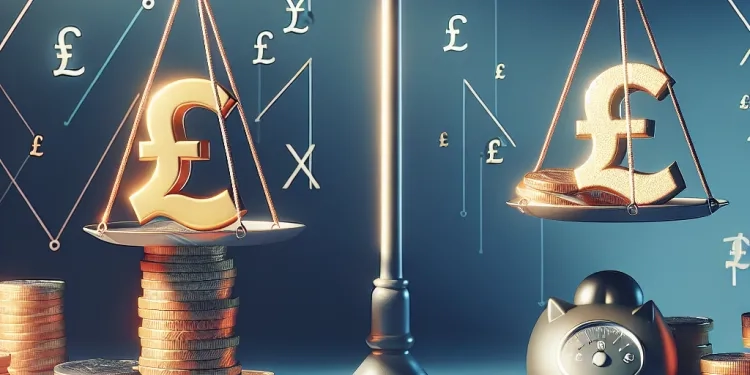
What taxes in the UK target wealth?
Relevance: 61%
-

Are there alternatives to a wealth tax for addressing inequality?
Relevance: 58%
-
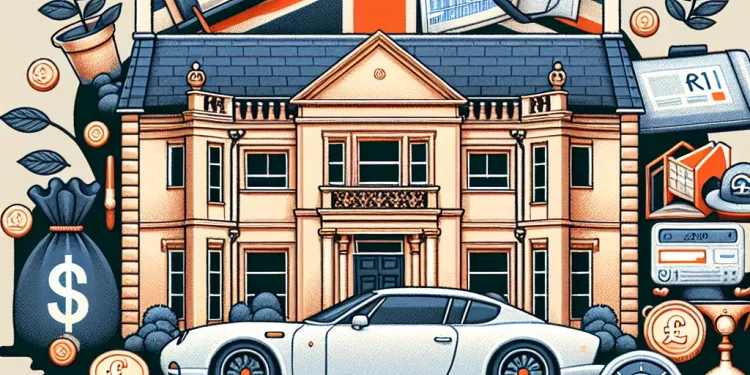
What exemptions are commonly associated with wealth taxes?
Relevance: 56%
-
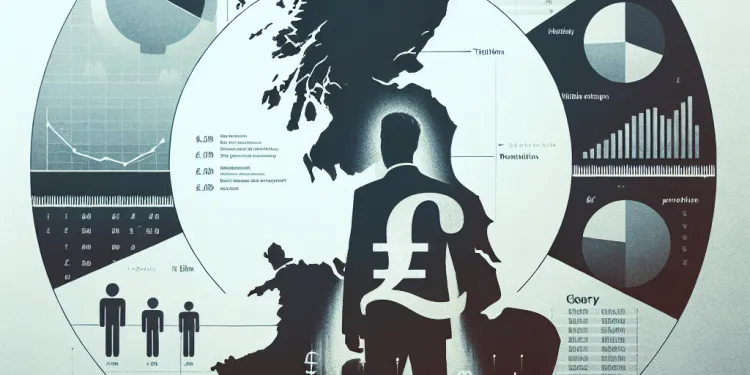
Do public opinion polls support a wealth tax in the UK?
Relevance: 55%
-
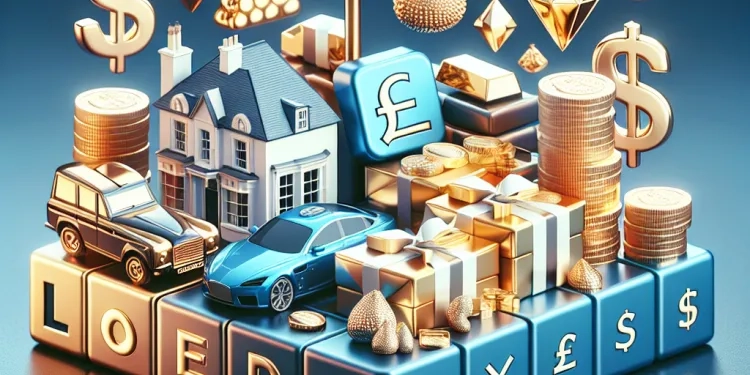
What types of assets are typically subject to a wealth tax?
Relevance: 53%
-

Has the idea of a wealth tax been discussed in political debates?
Relevance: 51%
-

Are there any criticisms of the sugar tax?
Relevance: 51%
-

Are there any criticisms of the social media ban for children?
Relevance: 47%
-

Is there a proposal for a wealth tax in the UK?
Relevance: 44%
-

What other countries have criticized WHO aside from the US?
Relevance: 43%
Introduction to Wealth Tax
A wealth tax is a levy on the total value of personal assets, including real estate, cash, investments, and other forms of capital. It is often proposed as a means to address income inequality and generate revenue for public spending. However, it has been a subject of debate, with several criticisms raised against its implementation.
Administrative Complexity
One of the primary criticisms of a wealth tax is the administrative complexity involved in its implementation. Accurately assessing the value of assets can be challenging, especially when considering intangible items like intellectual property or rare collectibles. This complexity could lead to high administrative costs, reducing the overall efficiency of the tax system. Furthermore, tax authorities may struggle to keep track of and enforce taxation on overseas assets.
Economic Impact
Critics argue that a wealth tax could negatively impact economic growth. High-net-worth individuals might move their wealth to jurisdictions with more favorable tax regimes, resulting in capital flight. This relocation of assets could diminish investment in the domestic economy and lead to a reduction in employment opportunities. Moreover, the risk of discouraging entrepreneurship is significant, as successful entrepreneurs may leave to avoid hefty taxes on their accumulated wealth.
Fairness and Equity
While intended to promote equality, a wealth tax may not be as fair as it seems. For example, middle-class individuals with valuable homes but little liquid cash might face difficulties in paying such a tax. Wealthy families with sophisticated tax planning resources can find avenues to minimise their liability, potentially making the tax less effective at targeting the super-rich than intended.
Double Taxation
A common argument against a wealth tax is that it constitutes a form of double taxation. Proponents of this view note that individuals have usually paid taxes on their income before accumulating wealth. Taxing the same financial pool again is seen as unjust by critics, who argue that it penalizes savings and investment.
Revenue Generation
Another point of criticism is whether a wealth tax effectively generates considerable revenue. Evidence from countries that have implemented wealth taxes suggests that the actual revenue raised is often less than expected. Factors such as asset underreporting, legal loopholes, and the cost of administration can make the wealth tax less lucrative than anticipated. Consequently, the benefits may not outweigh the costs associated with implementing and maintaining the tax.
Conclusion
The debate on wealth taxation is multifaceted, with complex arguments on both sides. While it could be a tool for reducing inequality, the practical challenges, potential economic drawbacks, and questions of fairness continue to spark considerable debate in the UK and beyond.
Introduction to Wealth Tax
A wealth tax is a charge on everything you own, like houses, money, and investments. Some people think it helps make rich and poor more equal and raises money for the government. But, not everyone agrees, and there are lots of arguments about it.
Administrative Complexity
One problem with a wealth tax is that it can be very complicated to set up. It's hard to figure out exactly how much everything is worth, especially things like ideas or rare items. This can make it very expensive to manage. Also, it's tricky for the government to make sure people tell the truth about things they own in other countries.
Economic Impact
Some people think a wealth tax could hurt the economy. Rich people might move their money to places with lower taxes. This means they would invest less money here, which could mean fewer jobs. Also, people who start businesses might move away to places where they keep more of their money.
Fairness and Equity
People say a wealth tax is about making things fair, but it might not be. For example, people who own valuable houses but don't have much cash could struggle to pay a wealth tax. Rich families might find ways to pay less tax, which means it might not work very well in getting money from the super-rich.
Double Taxation
Some people think a wealth tax is unfair because it taxes money that's already been taxed before when people earned it. They say it's like taxing the same money twice, which can make saving and investing feel like a bad idea.
Revenue Generation
Another question is whether a wealth tax actually brings in a lot of money. In some countries, it hasn't raised as much money as expected. People might not report everything they own, or there are ways to pay less tax. Also, it can cost a lot to manage the tax, which means it might not be worth it.
Conclusion
The arguments about a wealth tax are many and complicated. It might help make people more equal, but there are lots of problems and questions about how fair and helpful it really is. People will keep discussing this topic in the UK and around the world.
Frequently Asked Questions
Useful Links
This website offers general information and is not a substitute for professional advice.
Always seek guidance from qualified professionals.
If you have any medical concerns or need urgent help, contact a healthcare professional or emergency services immediately.
Some of this content was generated with AI assistance. We’ve done our best to keep it accurate, helpful, and human-friendly.
- Ergsy carfully checks the information in the videos we provide here.
- Videos shown by Youtube after a video has completed, have NOT been reviewed by ERGSY.
- To view, click the arrow in centre of video.
- Most of the videos you find here will have subtitles and/or closed captions available.
- You may need to turn these on, and choose your preferred language.
- Go to the video you'd like to watch.
- If closed captions (CC) are available, settings will be visible on the bottom right of the video player.
- To turn on Captions, click settings .
- To turn off Captions, click settings again.
More Items From Ergsy search
-

What is a Wealth Tax?
Relevance: 100%
-

What is the Wealth Tax in the UK?
Relevance: 96%
-

What are common criticisms of a wealth tax?
Relevance: 95%
-

What is the wealth tax in the UK?
Relevance: 95%
-

Would a wealth tax replace other taxes in the UK?
Relevance: 91%
-

Can a wealth tax be levied annually?
Relevance: 90%
-

How is a wealth tax typically calculated?
Relevance: 90%
-

Why doesn't the UK have a wealth tax?
Relevance: 89%
-

What arguments are made for a wealth tax in the UK?
Relevance: 88%
-

Could a wealth tax encourage tax avoidance?
Relevance: 88%
-

What is the objective of a wealth tax?
Relevance: 87%
-

Who is typically subject to a wealth tax?
Relevance: 86%
-

What are the challenges of implementing a wealth tax?
Relevance: 85%
-

What are the administrative costs of a wealth tax?
Relevance: 84%
-

Could a wealth tax affect economic growth in the UK?
Relevance: 84%
-

How might a wealth tax affect wealthy individuals?
Relevance: 84%
-

Has the UK ever had a wealth tax?
Relevance: 83%
-

Can a wealth tax impact economic behavior?
Relevance: 83%
-

How do other countries implement a wealth tax?
Relevance: 83%
-

How does a wealth tax differ from an income tax?
Relevance: 82%
-

Are there any countries currently implementing a wealth tax?
Relevance: 81%
-

What are common arguments in favor of a wealth tax?
Relevance: 81%
-

How do economists view the impact of wealth taxes?
Relevance: 81%
-

How might a wealth tax impact inequality in the UK?
Relevance: 81%
-

Is real estate included in wealth tax calculations?
Relevance: 80%
-

Would a wealth tax apply to foreign assets?
Relevance: 80%
-

Has any political party in the UK supported a wealth tax?
Relevance: 78%
-

How do governments ensure compliance with wealth tax laws?
Relevance: 77%
-

How does council tax relate to wealth in the UK?
Relevance: 77%
-

Do wealth taxes differ between countries?
Relevance: 61%
-

What taxes in the UK target wealth?
Relevance: 61%
-

Are there alternatives to a wealth tax for addressing inequality?
Relevance: 58%
-

What exemptions are commonly associated with wealth taxes?
Relevance: 56%
-

Do public opinion polls support a wealth tax in the UK?
Relevance: 55%
-

What types of assets are typically subject to a wealth tax?
Relevance: 53%
-

Has the idea of a wealth tax been discussed in political debates?
Relevance: 51%
-

Are there any criticisms of the sugar tax?
Relevance: 51%
-

Are there any criticisms of the social media ban for children?
Relevance: 47%
-

Is there a proposal for a wealth tax in the UK?
Relevance: 44%
-

What other countries have criticized WHO aside from the US?
Relevance: 43%


